With the first corporate tax return deadline due on September 30, 2025 (for all calendar year – FY 2024) fast approaching, the finance and tax leaders are under increasing pressure to close books, finalize audits, and optimize tax strategies, while ensuring compliance and mitigating risk across jurisdictions.
Today’s challenges are compounded by evolving regulations, internal systems – data and documentation gaps along with limited resources. That’s where Kuvera Consulting steps in – taking the stress away and helping businesses navigate through these complexities with precision, leveraging deep tax domain expertise across international geographies.
A Corporate Tax Health Check is not just a formality – it’s a proactive safeguard action to mitigate risk. It ensures you’re ready for the UAE’s new corporate tax era, where any errors, misstatements and excess deduction claims can lead to heavy penalties, audit exposure, or reputational damage.
Here’s why conducting a Corporate Tax Health Check now is not just recommended – it’s an essential pre-requisite:
1. Compliance with the New Tax Framework
Why It Matters: The UAE Tax regime (Federal Decree-Law No. 47 of 2022) is still new and evolving.
Risk: Many businesses are filing for the first time, meaning interpretation errors or outdated assumptions are common.
Benefit: Ensures you are correctly registered, classified, and reporting as per tax rules. Verifies tax group eligibility, free zone status, and treatment of income.
2. Accurate Opening Balance Sheet & Transitional Provisions
Why It Matters: The 1st tax return will be based on the opening balance sheet at the start of your tax period (usually Jan 1, 2024).
Risk: Incorrect or unsubstantiated values can lead to over- or under-taxation.
Benefit: Validates accounting policy consistency
Identifies and adjusts pre-transition assets, losses, and liabilities per tax law.
3. Mitigating Financial & Penalty Risks
Why It Matters: Penalties for errors, omissions, or late filing can be significant.
Risk: Misreporting carry-forward losses, non-deductible expenses, or exempt income can distort your tax position.
Benefit: Reduces risk of FTA audits, reassessments, and penalties: Validates deductions, TP compliance, and interest expense limits.
4. Consolidation, Tax Grouping, and Intra-Group Reviews
Why It Matters: Tax grouping can optimize cash flow and compliance, but only if intercompany transactions and structures are appropriately documented.
Risk: Inadequate documentation or misaligned intra-group arrangements can invalidate grouping benefits or raise audit flags.
Benefit: Reviews intragroup transactions for ALP review. Ensures tax group eligibility and benefits are correctly applied.
5. Detecting High-Risk Areas in Complex Structures
Why It Matters: Groups with layered subsidiaries, such as real estate developers and holding companies, face added complexities in classification and timing of income under IFRS 15.
Risk: Common pitfalls include misclassified exempt income, inaccurate revenue recognition under IFRS 15, overstated intercompany charges without proper transfer pricing documentation, and incorrect treatment of capital gains treatment.
Benefit: Enables early detection of technical inconsistencies between financial reporting under IFRS and tax treatment. Facilitates accurate mapping of revenue streams, corrects legacy structuring issues, and ensures transfer pricing policies are both documented and defensible. This proactive approach not only minimizes audit exposure but also strengthens internal governance for groups with layered or cross-border operations.
6. Enhancing Audit Readiness
Why It Matters: The FTA may conduct random or risk-based audits, especially during the early phases of enforcement.
Risk: Incomplete documentation or missing reconciliations can create audit vulnerabilities.
Benefit: Prepares supporting schedules, reconciliations, and full audit trails. Establishes a solid foundation for all future tax filings and positions the business as credible and transparent.

Expert Support, Forward-Looking Compliance: Kuvera Consulting
At Kuvera Consulting, we work closely with businesses to go beyond surface-level compliance – embedding tax strategy into monthly processes, refining internal controls, and aligning reporting with UAE tax law and international best practices.
With the first UAE corporate tax return setting the tone for future filings, our tailored Tax Health Checks help businesses mitigate exposure, protect valuation, and strengthen audit preparedness. This level of discipline is no longer optional – it’s critical, especially in scenarios like M&A, where misaligned tax positions can delay deals or reduce enterprise value.
The UAE’s corporate tax journey has moved from introduction to enforcement. The question now is: Is your business ready to file your first Tax Return with confidence, ensuring accuracy and completeness?

